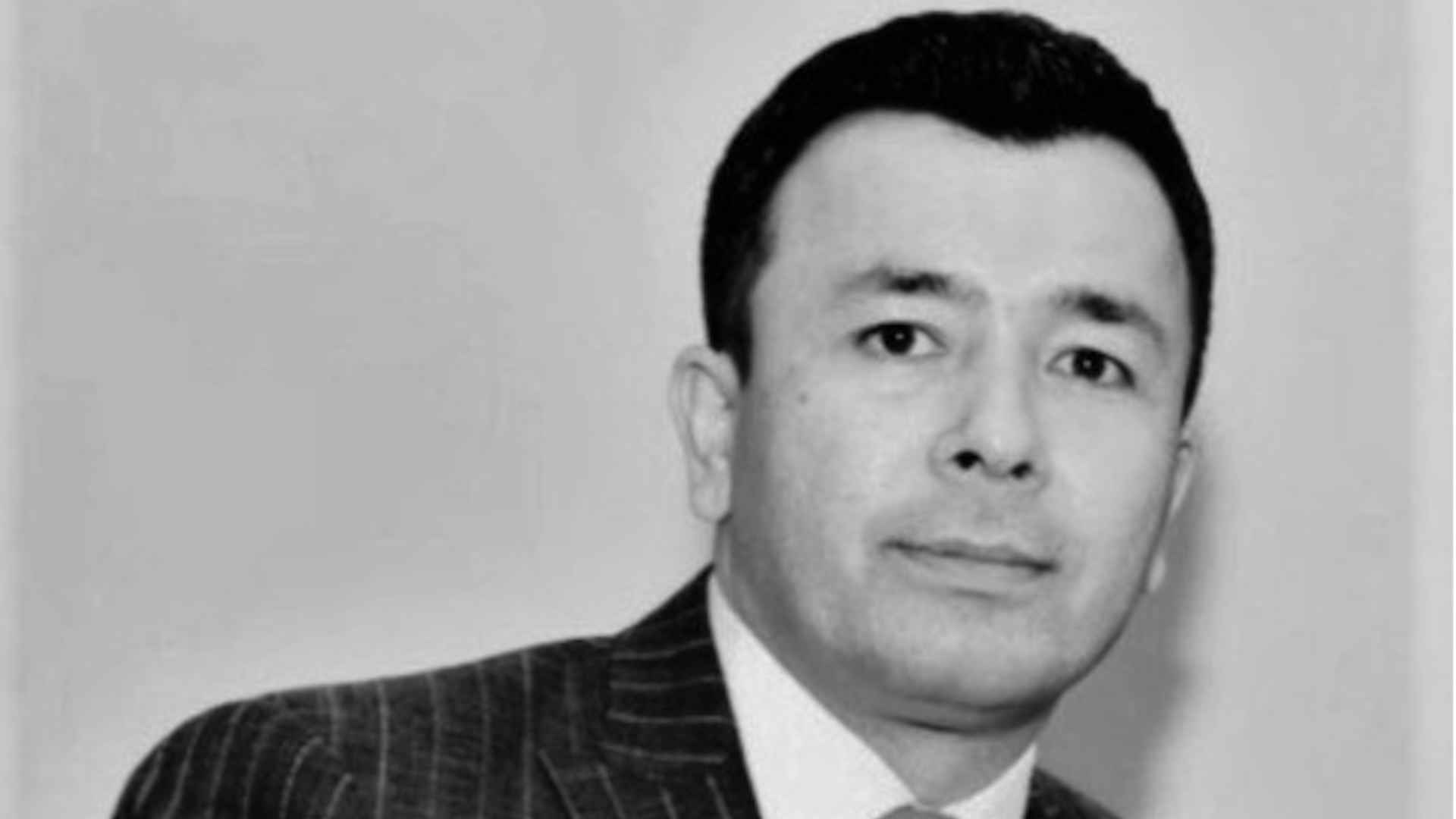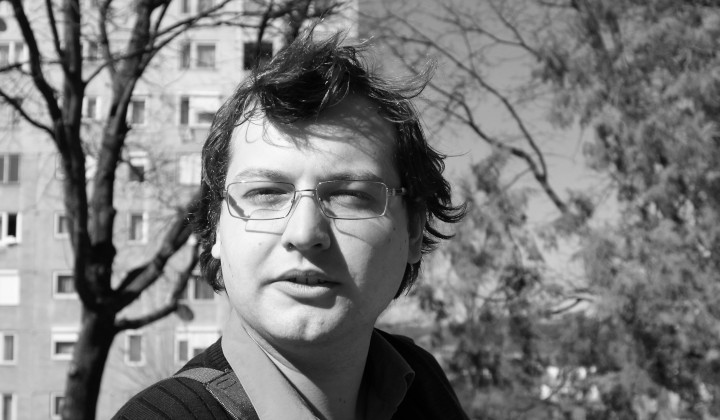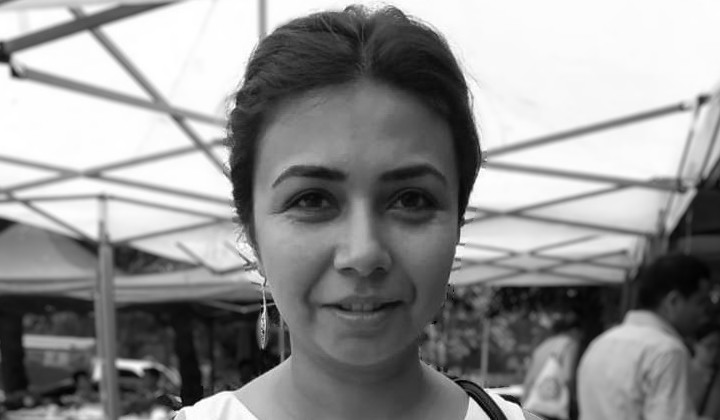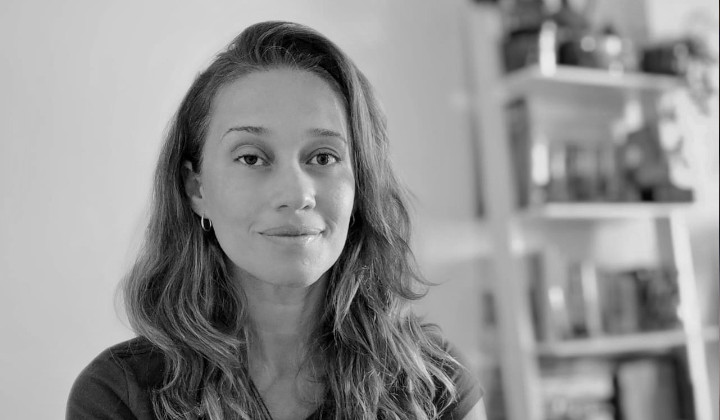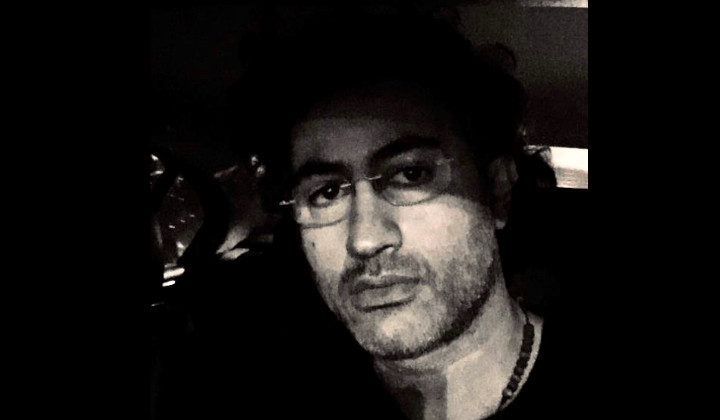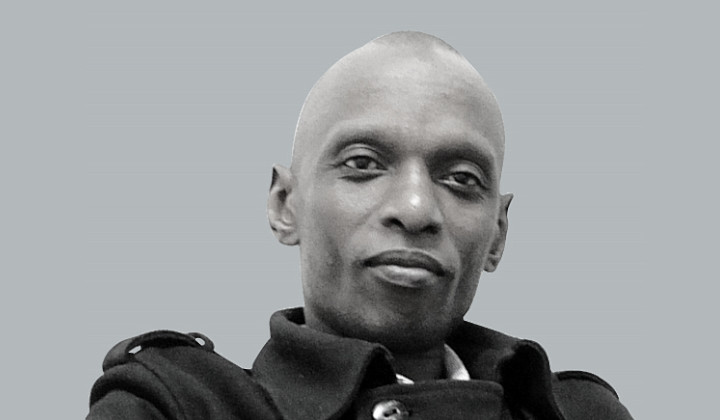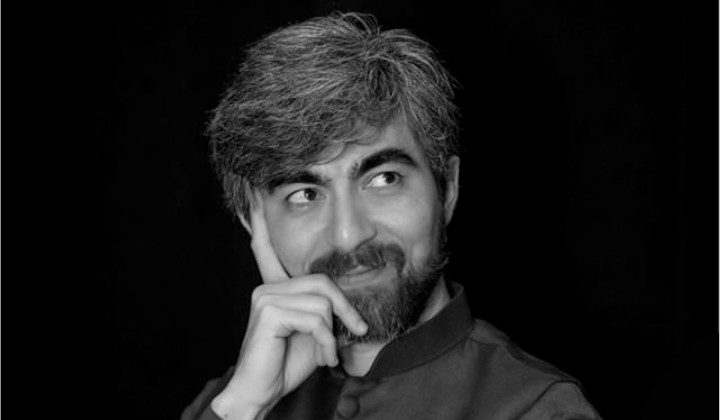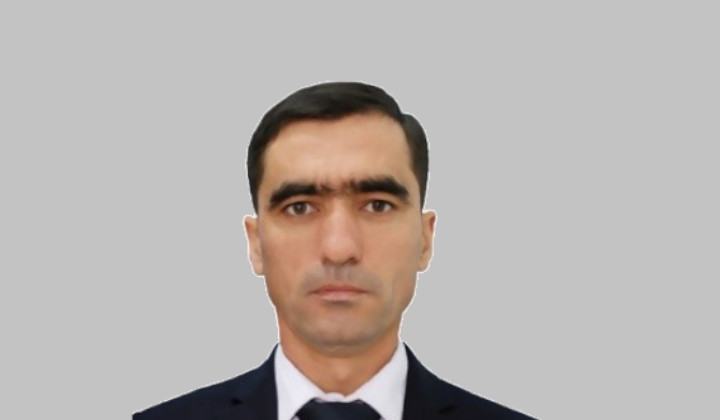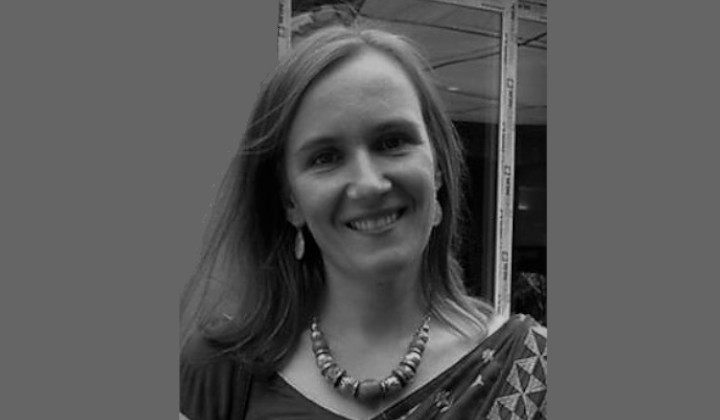Small country, strong network
Costa Rican works as a specialized journalist in the Latin American nation described as an oasis of press freedom
written by

Nadine Graf
Costa Rican journalist and passionate soprano Irene Rodríguez-Salas originally pursued a career as a journalist in the field of arts and culture. When a co-worker quit, it gave her the chance to fill the position in the science department. It was there that she discovered her interest in public health issues. That was in 2006. Now she has been working in science journalism for almost 15 years.
“Costa Rica is a small country,” Rodríguez-Salas said. “There are only about 11 science journalists. At one point of my career I have worked together with each of them.”
Rodríguez-Salas said there is a strong network of specialized journalists in Costa Rica.
“Even if we are working for different media companies, if someone needs help with a difficult or unknown topic, we are exchanging our experiences and working together,” Rodríguez-Salas said.
From Television to Print
Rodríguez-Salas got her first experiences at Canal 7, the first television station to be founded in Costa Rica. Later on, she worked for five years as a TV reporter and anchor for the 6 p.m. news on Canal 11, another private Costa Rican television channel. In this stage of her career she switched from culture to science journalism and decided to do her master’s degree in public health with an emphasis in health management at the University of Costa Rica. Based on her expertise in the field of health issues, the Costa Rican daily newspaper “La Nación” hired her in 2009 to lead the science department.
Now, she is part of the department “Ciencia/Aldea Global” focusing on health and medicine issues, public health policies, healthcare, clinical trials, new medicines, new scientific discoveries related to health issues, neurodevelopment, and science education. She also writes about other science topics such as astronomy, chemistry and science research. When needed, she writes about other similar topics such as health administration and education. From time to time, she also uses her experiences in television and serves as an anchor to read news or gives news summaries on the newspaper’s website.
“La Nación” is one of approximately 10 major newspapers in Costa Rica and based in the city of San José. It is a national newspaper in Spanish with a center-right orientation.
“My mum would say that I was only unemployed for one weekend in my whole life,” Rodríguez-Salas said about the continuous changes in her career.
In December 1981, Rodríguez-Salas was born in San José, which is not only the capital and largest city of Costa Rica but also the epicenter of the political and economic system of the country. She grew up in the province of San José, the most densely populated region in the small Latin-American State.
However, being a journalist was not her childhood dream. During her childhood, she wanted to be a singer.
“But it’s really tough to survive with a college degree in drama and theater,” Rodríguez-Salas said. “And as I really love to write and talk a lot, I needed a profession that pays me for that.”
Thus, she opted for journalism.
“I'm completely in love with journalism, but maybe if I had been born in Mexico or Argentina, where there is a great art background, then maybe I would have studied drama or music as a career,” Rodríguez-Salas said. “Or I would have become a journalist as well, but would still be in the arts and culture field.”
Curious, educated, and stubborn
A good journalist, in Rodríguez-Salas’s opinion, needs to have three character traits: Curiosity for every given topic and the ambition to study a lot to get a deep into a topic. The third trait is stubbornness to dig deeper and deeper, even if you touch on a sensitive subject.
The behaviors of journalists that Rodríguez-Salas describes cannot be observed in all Latin American nations. “Reporters without Borders” ranked Costa Rica in the 2020s World Press Freedom Index in seventh place. The international non-governmental organization described Costa Rica as “the Latin American country with the best record on respecting human rights and freedom of expression.” With most of its neighboring countries suffering under corruption, crime and violence against media, Costa Rica is described as “a remarkable exception.”
We, as Costa Rican journalists, feel pretty safe working for mass media,” Rodríguez-Salas said while noting that access to data is the primary challenge. “Data science is pretty new around here, so many government offices don't have their data updated.”
The spread of the coronavirus has changed the working conditions for journalists.
“Most of us are working from home and part time instead of full time,” Rodríguez-Salas said.
Despite the lack of income, Rodríguez-Salas said this development has been critical.
“It's paradoxical, because you never need so much science journalism as during a pandemic, but media are struggling here,” Rodríguez-Salas said.
Rodríguez-Salas said that the situation for freelancers is even worse, as newsrooms are less eager to pay for freelancers' pieces.
“Most of us are using a lot our social media, to post what we write,” Rodríguez-Salas said.
On Twitter Rodríguez-Salas described herself as a passionate choir singer. Since 2010 she has been a mezzo-soprano in the National Simphonic Choir. During times without social distancing, she goes to rehearsal three times a week.
"It takes a lot of time, but I do it for fun,” Rodríguez-Salas said. “For me, the singing takes off all the stress of the day."
To the article
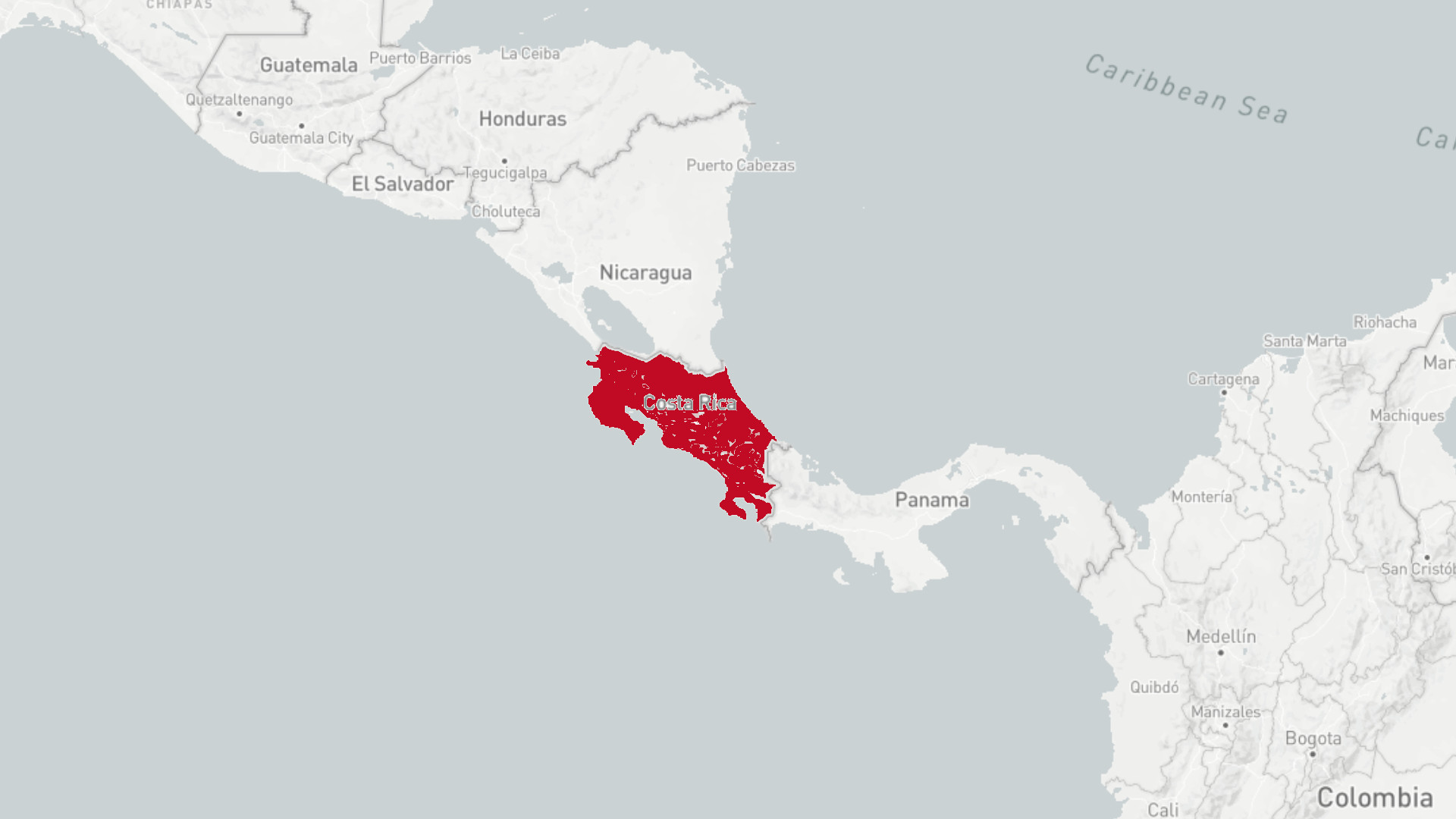
How do the others deal with the pandemic?
By Nadine Graf



